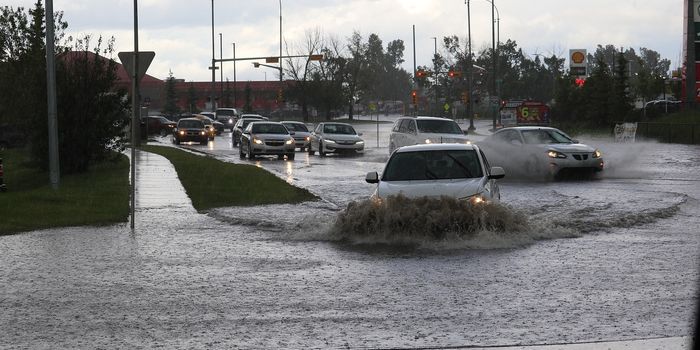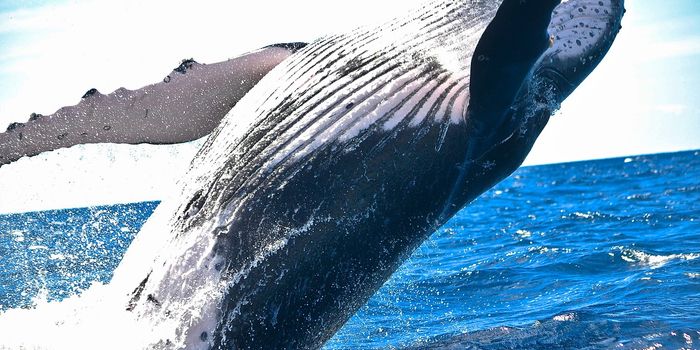South Africa Observes a Small Dip in Rhino Poaching
Animal conservationists can celebrate a small win in the ongoing war against rhino poaching this week.
According to a report released by the South African government on Monday, 529 wild rhinos were killed by poachers between January and June of 2017, which is down by 13 when compared to the number of wild rhinos killed during the same time in 2016.
Image Credit: PersidisK/Pixabay
Worthy of note, Kruger National Park alone saw a 34% decline in illegal rhino killings. Since this region typically sees more of this activity than other areas, the news is exciting to animal conservation enthusiasts.
Poachers commonly slaughter the animals to profit from their valuable horns, which they sell in neighboring Asian countries to be used as an ingredient in traditional medicines. These medicines are said to treat cancer and a whole host of other ailments, but science has not yet confirmed the validity of such claims.
13 rhinos may not seem like a significant number when well over 500 of them come up in conversation, but the improvements are difficult to ignore when rhino populations are watched over so stringently.
"As we have always stated, these declining numbers do not mean we can proclaim victory. Nevertheless, the downward trend is being established, which is cause for cautious optimism," said Edna Molewa, the region’s environment minister.
Keep in mind that since this data is being reported in six-month increments, there are still six more months of 2017 to keep track off. The current model suggests that at least 500 more wild rhinos are at risk of being slaughtered before the end of this year.
South Africa is home to much of the world’s remaining rhinos. If poaching here continues at the current trends, then even the common rhino could one day face the same imminent fate of extinction as the elusive northern white rhino; only three of which remain in the entire world.
There is still much more work to be done if we are going to eliminate rhino poaching altogether. Neighboring countries, where the practice is still legal, will need to implement stricter laws on horn trade. Only then might poachers think twice about the consequences before killing these wild animals.
For now, all we can do is wait for governments to act while protecting the animals as much as we can in the wilderness where they reside.
Source: Phys.org









